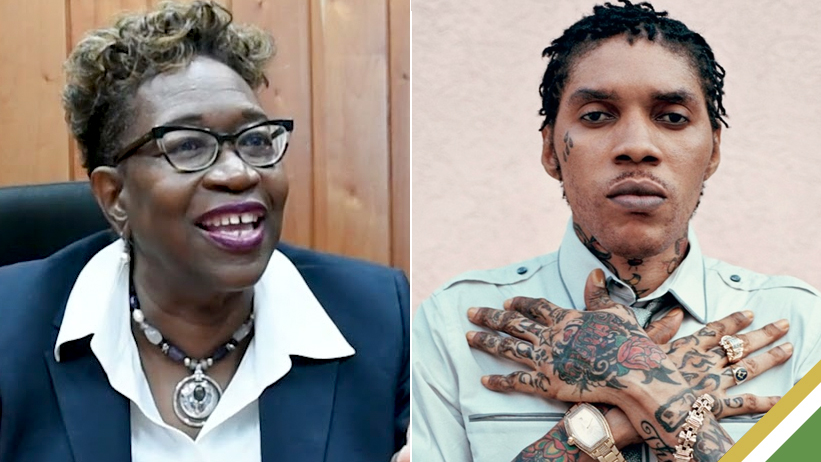In the wake of last Thursday’s decision by the UK Privy Council to overturn the convictions of renowned entertainer Vybz Kartel, Shawn Storm and their co-accused on the grounds of ‘juror misconduct‘, Jamaica’s legal fraternity finds itself at a critical crossroads. Concerns over potential flaws in the existing legislation have prompted the local authorities to embark on urgent measures aimed at preventing accused criminals from exploiting vulnerabilities within the judicial system.
The pivotal issue revolves around the absence of provisions akin to the UK’s Criminal Justice Act 2003 within Jamaican law. This legislation empowers judges, under certain circumstances, to discharge a tainted jury and proceed with a trial independently. With the recent Privy Council ruling casting a stark spotlight on the potential ramifications of jury tampering, legal minds have sounded alarm bells, warning that without swift legislative action, accused individuals could manipulate juries to their advantage, leading to the dismissal of their cases.
Director of Public Prosecutions Paula Llewellyn has echoed these concerns, underlining the urgent need for legislative alignment with international standards to safeguard the integrity of Jamaica’s judicial process. Llewellyn emphasized that failing to enact similar provisions could undermine public confidence in the administration of justice, paving the way for the subversion of legal proceedings by unscrupulous actors.
The Privy Council’s decision to quash the murder conviction of Vybz Kartel and his co-accused underscores the gravity of the situation. While expressing sympathy for the challenges faced by the presiding judge in Kartel’s trial, the Privy Council deemed the continuation of proceedings with a tainted juror as fatal to the verdict. Moreover, the Privy Council highlighted the inherent risks associated with the absence of legislative safeguards against jury tampering, cautioning that such vulnerabilities could compromise the integrity of the jury trial system.
As Jamaica’s final court, the Privy Council’s ruling serves as a clarion call for decisive action to fortify the nation’s legal framework. With the prospect of a retrial looming, stakeholders must prioritize the implementation of robust legislative measures to mitigate the threat posed by jury tampering and uphold the fundamental principles of justice.













